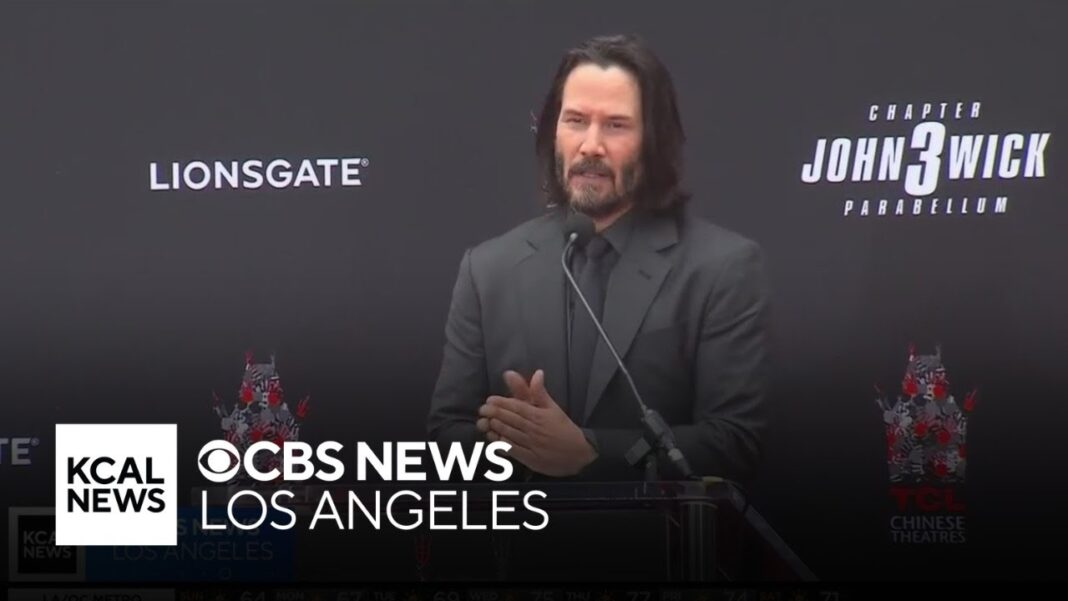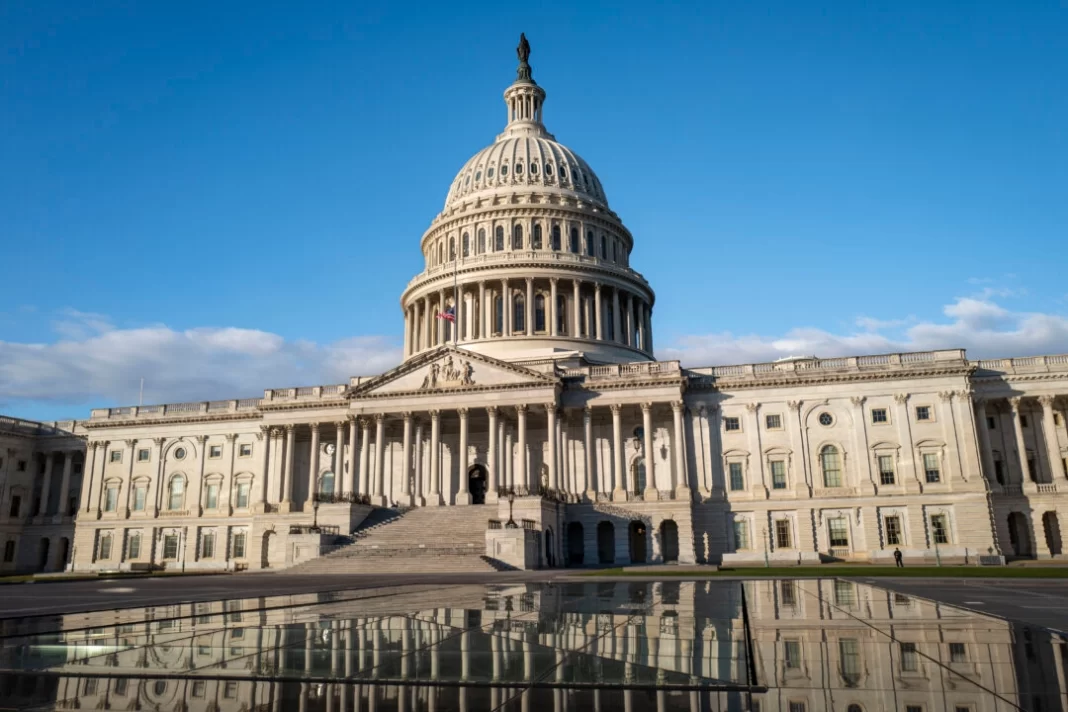Carter established diplomatic ties with Beijing and cut formal relations with the government in Taipei, which ruled China before the CCP.
Jimmy Carter, the 39th and the longest-lived U.S. president, died at his home in Georgia on Sunday at the age of 100.
In China and Taiwan, the death of Carter, who established diplomatic relations with Beijing and severed formal ties between the United States and Taipei, was met with mixed reactions.
Chinese leader Xi Jinping extended “deep condolences” in a message to President Joe Biden, according to the state-controlled Xinhua news agency.
In a commentary, Xinhua praised the former U.S. president for his role in normalizing U.S.–China relations and his “consistent devotion to promoting mutual understanding and friendship between the two peoples.” The mouthpiece of the Chinese Communist Party (CCP) said Washington is now “in urgent need of political leaders like Carter,” whom it said had “the correct perception of China.”
The Presidential Office of Taiwan, or the Republic of China (ROC), also extended “sincere condolences” to Carter’s family and the people of the United States.
On the Chinese social media platform Weibo, most comments were positive. One user said the Nobel Peace Prize is honored to have Carter as a laureate. Another thanked the former U.S. president for allowing Chinese students to study in the United States and for enabling the improvement of the Chinese people’s living standards.
In Taiwan, many Facebook users described Carter as the U.S. president who “abandoned,” “sold out,” or “sacrificed” Taiwan, while some defended the former president’s legacy, saying the Taiwan Relations Act, which Carter signed into law, ensured that Taiwan could continue to enjoy the protection of the United States after formal diplomatic relations were severed.
Diplomatic Relations
Carter had “a great deal of interest” in China from the time he was 4 or 5 years old, according to the former president’s own account in 2002. In the Baptist church in his hometown of Plains, Georgia, he recounted in a speech, “the preeminent and most exalted people on earth were missionaries serving in China,” and the young Carter would donate five cents a week to help build schools and hospitals in the country.






